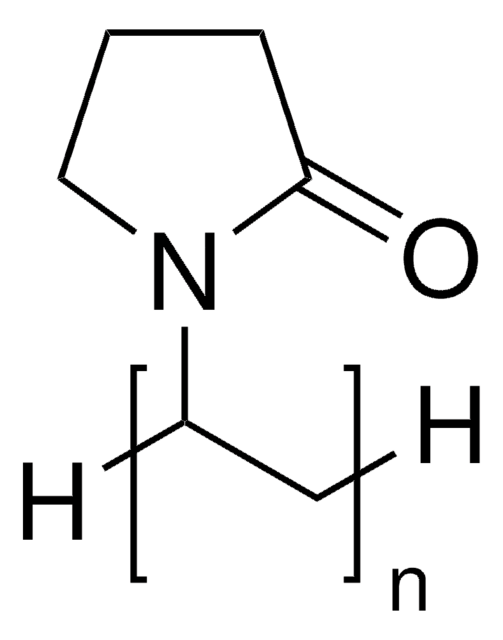S1340000
Stearic acid
European Pharmacopoeia (EP) Reference Standard
Synonym(s):
1-Heptadecanecarboxylic acid, C18:0, Cetylacetic acid, NSC 25956, NSC 261168, Octadecanoic acid, Stearophanic acid
About This Item
Recommended Products
grade
pharmaceutical primary standard
vapor pressure
1 mmHg ( 173.7 °C)
API family
stearic acid
manufacturer/tradename
EDQM
bp
361 °C (lit.)
mp
67-72 °C (lit.)
application(s)
pharmaceutical (small molecule)
format
neat
SMILES string
CCCCCCCCCCCCCCCCCC(O)=O
InChI
1S/C18H36O2/c1-2-3-4-5-6-7-8-9-10-11-12-13-14-15-16-17-18(19)20/h2-17H2,1H3,(H,19,20)
InChI key
QIQXTHQIDYTFRH-UHFFFAOYSA-N
Looking for similar products? Visit Product Comparison Guide
General description
Application
Packaging
Other Notes
related product
Storage Class
11 - Combustible Solids
wgk_germany
nwg
flash_point_f
Not applicable
flash_point_c
Not applicable
Choose from one of the most recent versions:
Certificates of Analysis (COA)
Sorry, we don't have COAs for this product available online at this time.
If you need assistance, please contact Customer Support.
Already Own This Product?
Find documentation for the products that you have recently purchased in the Document Library.
Customers Also Viewed
Our team of scientists has experience in all areas of research including Life Science, Material Science, Chemical Synthesis, Chromatography, Analytical and many others.
Contact Technical Service




